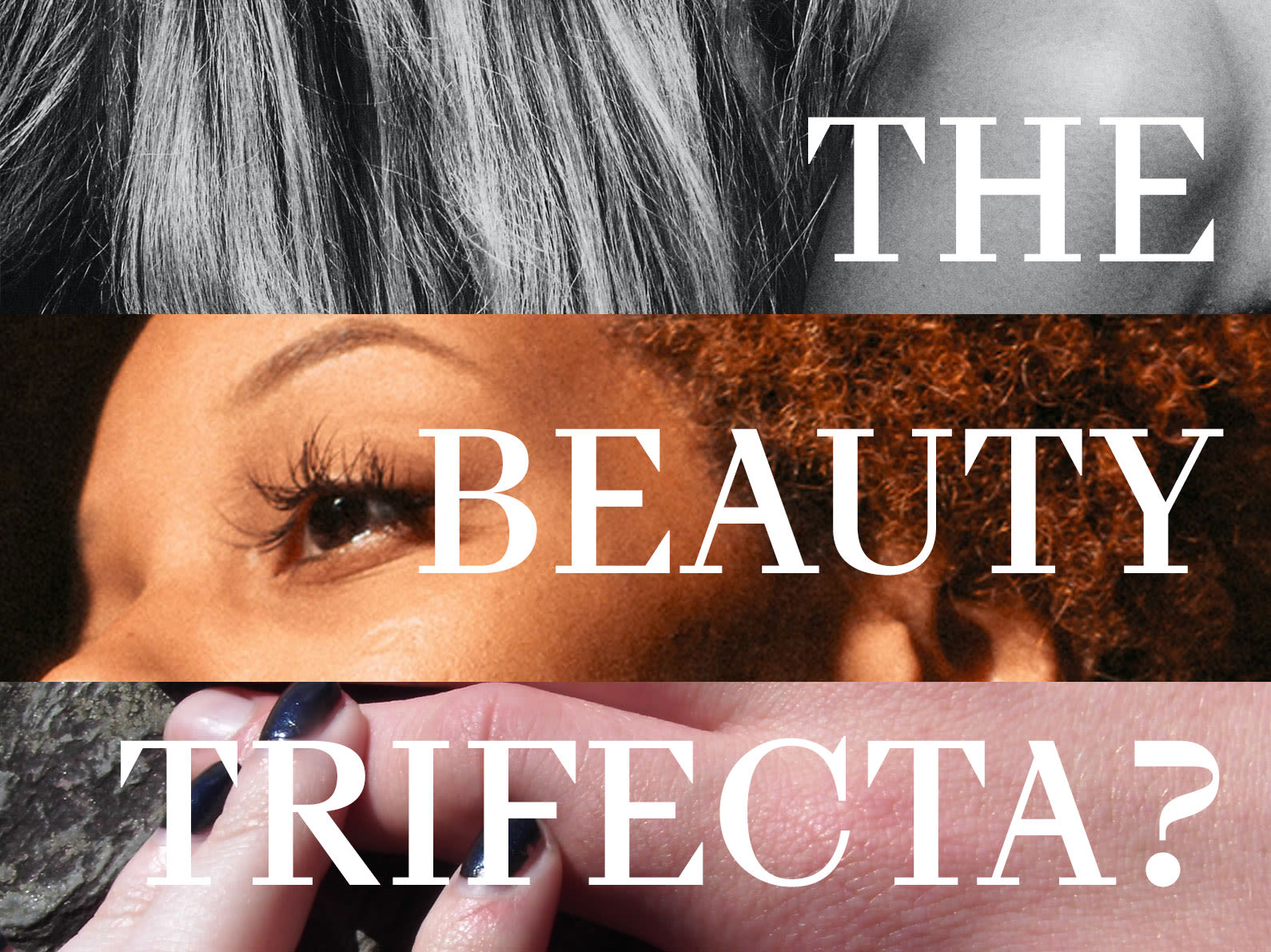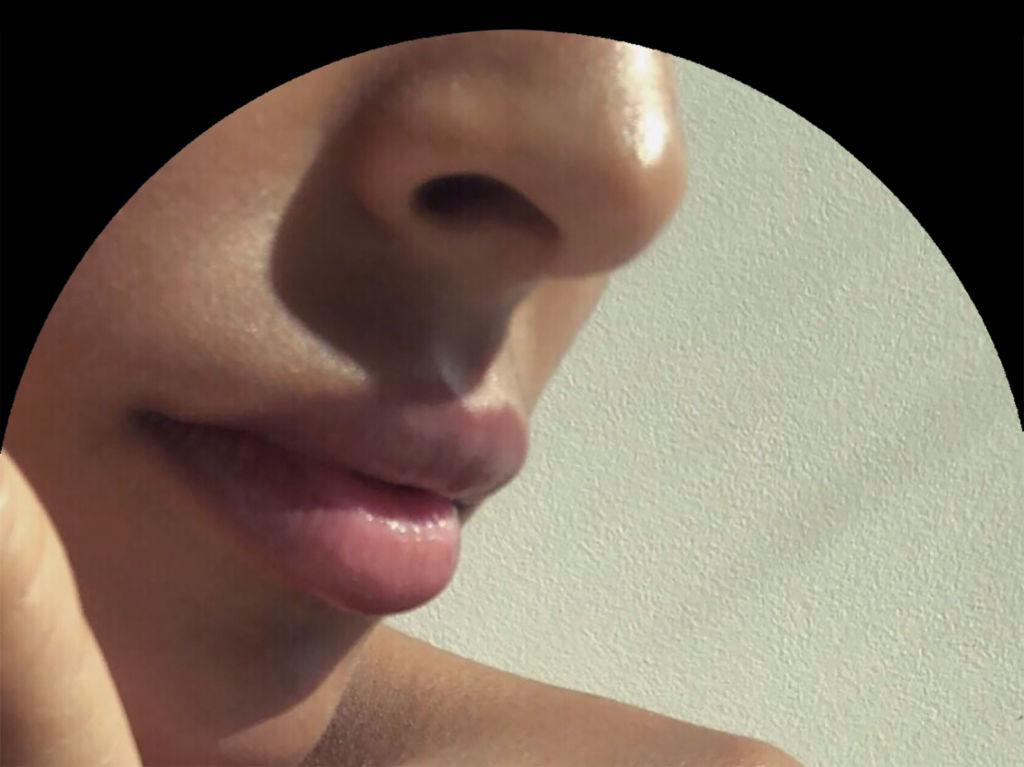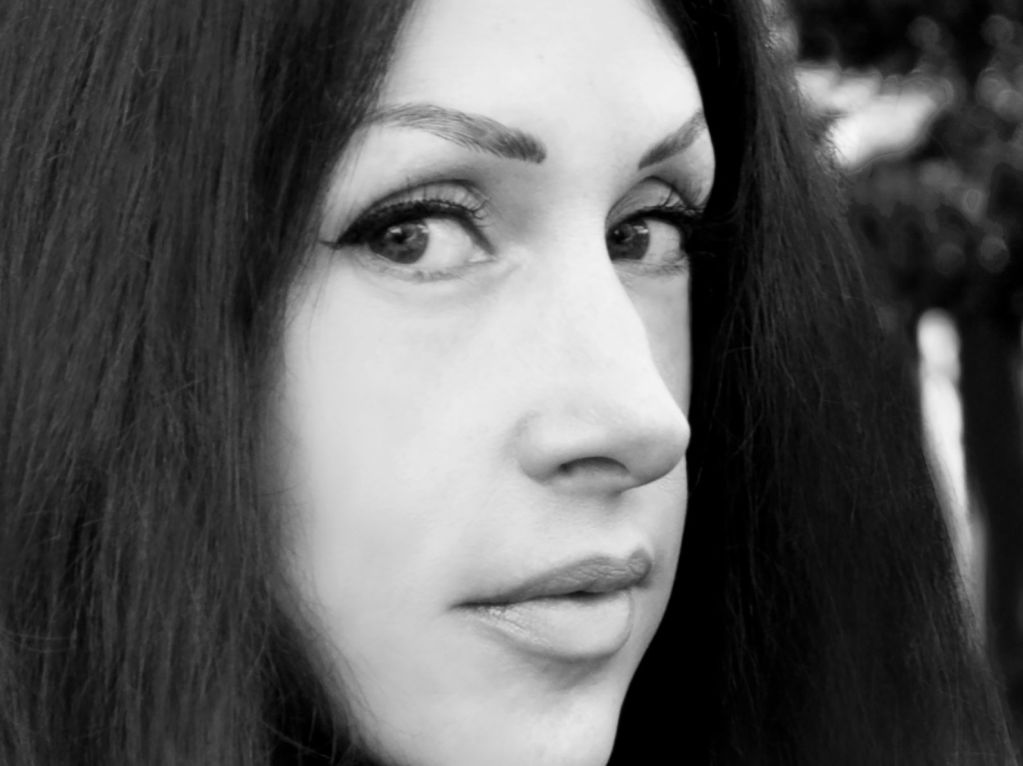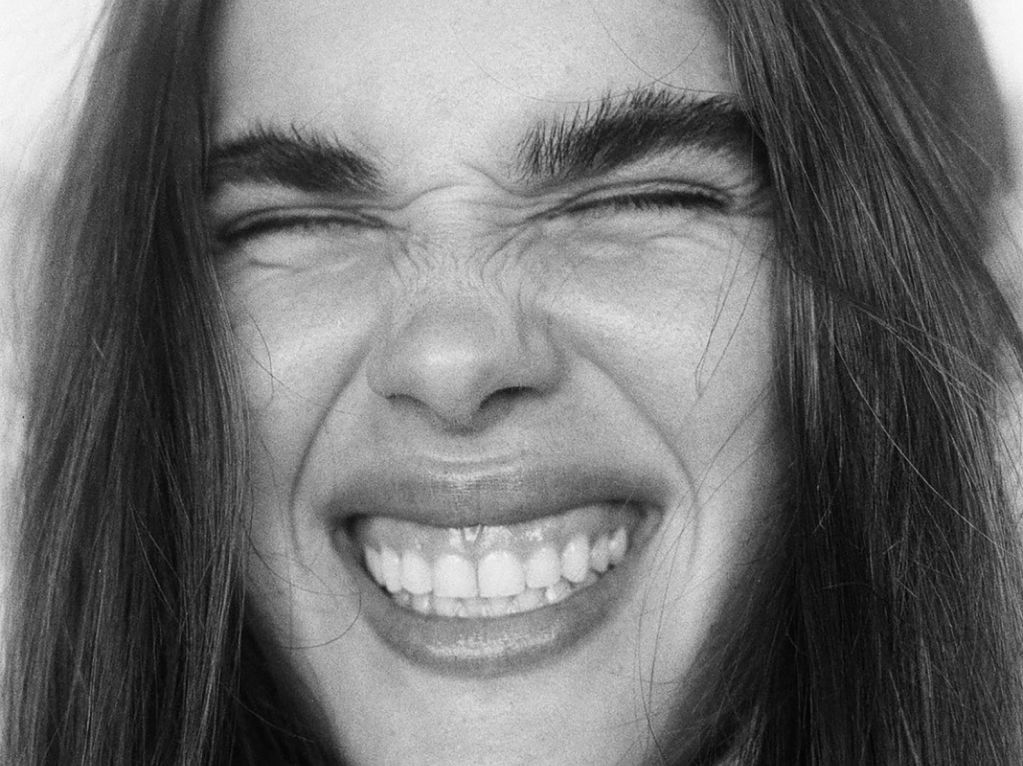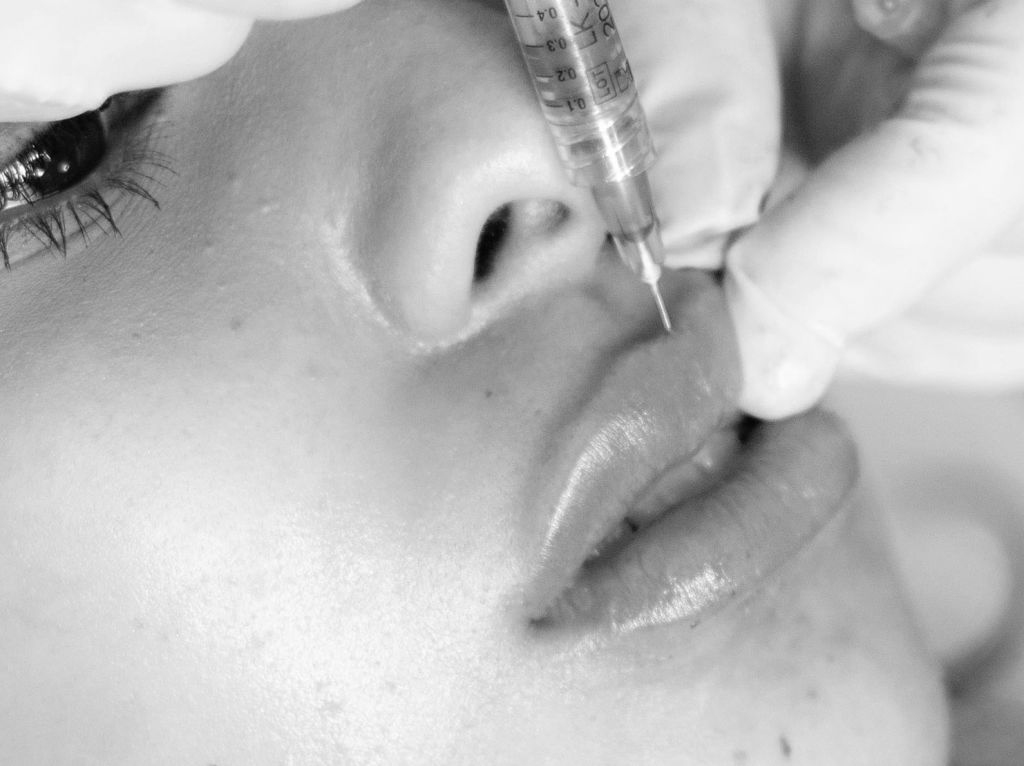When it comes to beauty treatments that promise to help us achieve our most radiant selves, skin, hair, and nails are marketed as the almighty trio. We are bombarded with messages telling us to take this specific supplement to make our hair, skin, and nails grow luscious and long; to eat these particular foods to support the health of the trio; or to do this certain type of exercise to achieve vibrant, glowing looks and locks.
But are skin, hair, and nails really the trifecta of beauty and health, or is this just a convenient marketing ploy for the beauty industry?
Beyond concerns for our outer appearance, many ob-gyns—the doctors on the frontline of women’s health—report that patients who come in concerned about one of these areas of the body often have interrelated concerns about the others. And for good reason.
The way the beauty industry groups skin, hair, and nail concerns together may be a bit of a gimmick—a single supplement will never be the holy grail of beauty perfection for all—but these three parts do have a profound biological connection. So, focusing on the health of one may just provide a boost to all.
The Root of the Issue
While your skin, hair, and nails may seem wildly different in many ways, they are actually components of a single organ: the integumentary system. Thanks to skin—which spans a whopping 22 square feet—this is the largest organ system in the body.
But the common root of these beauty powerhouses goes even deeper. Dermatologist Dr. Sandy Skotnicki says the reason these three areas of the body are frequently linked together is because they are all part of the ectoderm, or a group of cells that develop during an embryo’s third week. “They all come from the same stem cell,” Skotnicki says. “Hair, nails, and skin are all connected.”
In addition to their origins, hair, nails, and the outer part of our skin are also all made up of a building block called keratin. This protein serves a protective function in each of these areas, helping to support a strong skin barrier, keeping your strands of hair supple and smooth, and reinforcing your nails to prevent breakage. “Essentially, they're all very similar,” Skotniki says.
The Role of Hormones
Beyond their structural similarities, the members of the integumentary system are also affected by hormones in similar, but specific ways. Many hormonal imbalances often appear early on as external symptoms. For this reason, it’s not uncommon to find that if a problem develops in one area—like brittle hair—you might also experience issues in the others.
As Dr. Gabrielle Francis says, “Your skin and your beauty are a reflection of your health on the inside.”
